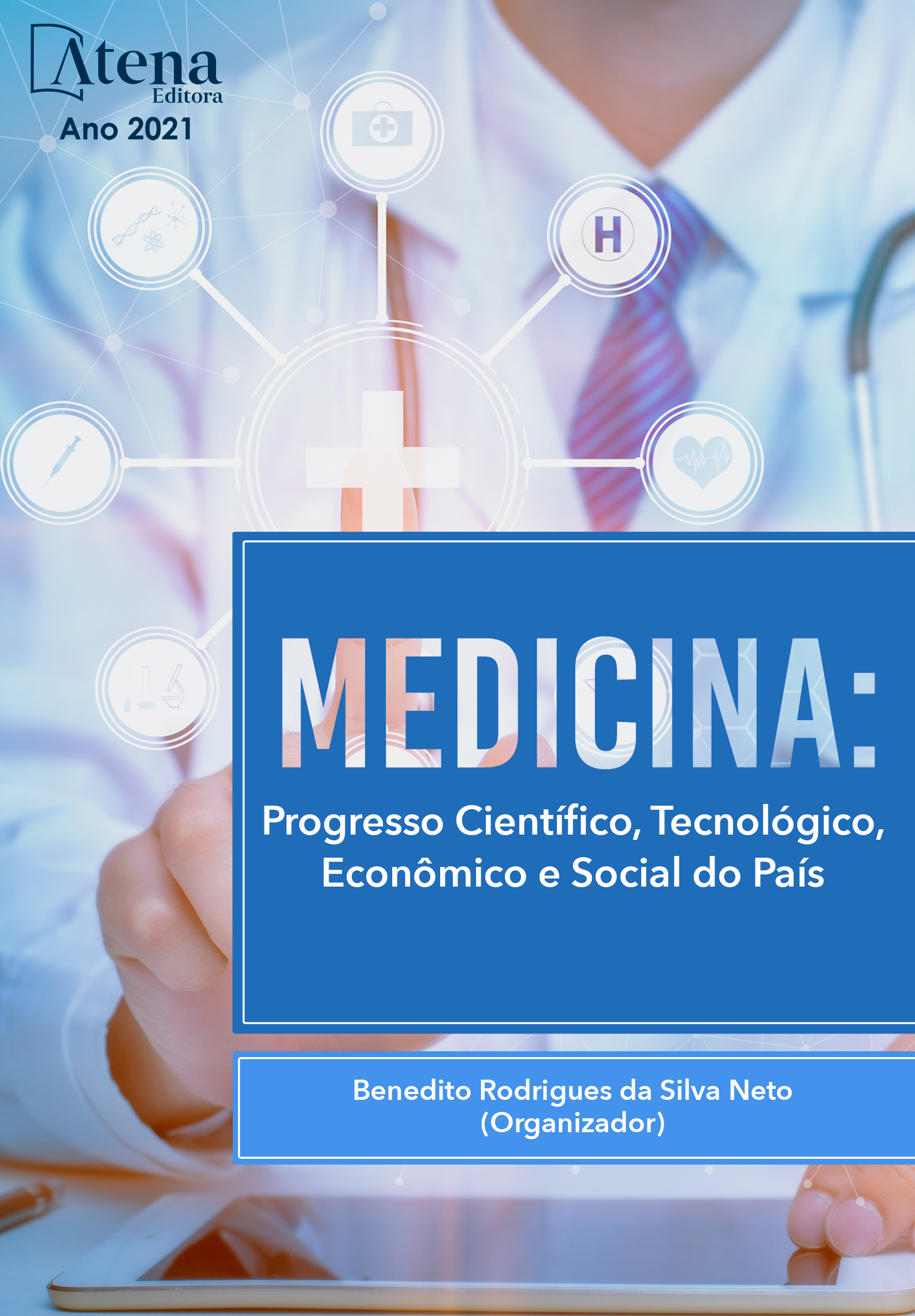
COMUNICAÇÃO E ASSISTÊNCIA À PARTURIENTE IMIGRANTE NO SISTEMA ÚNICO DE SAÚDE: UM RELATO DE EXPERIÊNCIA
O número de imigrantes no Brasil tem aumentado, principalmente entre as mulheres, resultando em grande desafio para o sistema de saúde. O Sistema Único de Saúde tem como princípio a universalidade e é acessível às mulheres estrangeiras, abrangendo o pré-natal, parto e puerpério. Entretanto, as diferenças culturais, aliadas às desigualdades socioeconômicas, estão presentes na realidade de gestantes e parturientes, sendo a barreira linguística a principal dificuldade encontrada nos serviços prestados pelo profissional. O objetivo deste estudo foi relatar a experiência vivenciada por acadêmicas de Enfermagem durante o trabalho de parto de uma parturiente imigrante. Observar a realidade, identificar o problema, buscar arcabouço teórico, montar estratégias que possam suprimir as dificuldades e tentar aplicá-las à realidade visando transformá-la, seguindo as etapas do Arco de Maguerez, foi o método utilizado. A assistência ocorreu de forma dificultosa, pois pouquíssimos profissionais, incluindo a coautora deste trabalho, possuíam domínio da língua inglesa - idioma que a parturiente compreendia, mas falava pouco. A comunicação se deu por intermédio do marido, que compreendia e falava bem o inglês. A equipe multiprofissional fez o uso da linguagem corporal e fala lentificada. O ambiente transformou-se positivamente quando houve comunicação eficaz, pois alguém era capaz de entendê-los. Pôde-se observar que, ao possuir competências culturais, sobretudo o domínio sobre uma língua estrangeira e literacia, o profissional exerce impactos positivos na assistência, quebrando barreiras, modificando o ambiente, rompendo com o constrangimento e tornando o parto um momento único e transformador.
COMUNICAÇÃO E ASSISTÊNCIA À PARTURIENTE IMIGRANTE NO SISTEMA ÚNICO DE SAÚDE: UM RELATO DE EXPERIÊNCIA
-
DOI: 10.22533/at.ed.6232108064
-
Palavras-chave: Comunicação em Saúde; Imigração; Enfermeira Obstetriz; Gestantes.
-
Keywords: Heath-Communication; Immigration; Midwife; Pregnant.
-
Abstract:
The number of immigrants in Brazil has increased, especially among women, resulting in a great challenge for the health system. The Brazilian Unified Health System has the principle of universality and is accessible to foreign women, covering prenatal care, childbirth and the puerperium. However, cultural differences combined with socioeconomic inequalities are present in the reality of pregnant women and parturients, with the language barrier being the main difficulty encountered in the services provided by the professional. The objective of this study was to report the experience of nursing students during the childbirth of an immigrant parturiente. Observing reality, identifying the problem, seeking theoretical framework, putting together strategies that can suppress the difficulties and trying to apply them to reality in order to transform it following the steps of the Maguerez Arch was the methods used. The assistance occurred in a difficult way, because very few professionals, including the co-author of this work, had a command of the English-language that the parturient understood, but she spoke little. The communication happened through the husband, who understood and spoke English well. The multiprofessional team used body language and slower speech. The environment was positively transformed when there was effective communication, because someone was able to understand them. It was observed that by having cultural skills, especially the mastery of a foreign language and literacy, the professional has positive impacts on care, breaking down barriers, modifying the environment, breaking with embarrassment and making childbirth a unique and transforming moment.
-
Número de páginas: 13
- Sâmia Letícia Moraes de Sá
- Adriano Limírio da Silva
- Gerusa Amaral de Medeiros
- Leidijany Costa Paz
- Luciene de Moraes Lacort Natividade
- Simone Luzia Fidelis de Oliveira
- Bárbara Cristina Santos Rocha


